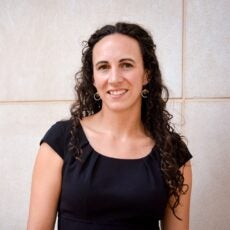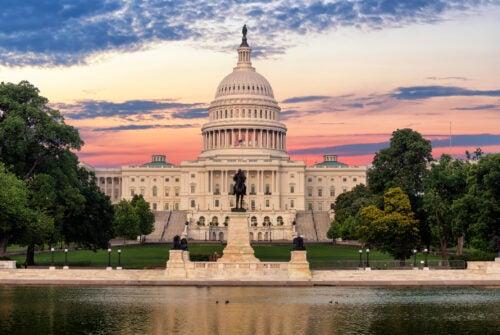Institutions & Governance
Explore how energy governance structures and processes influence the pace and equity of the energy transition.

The institutions we construct to govern energy can facilitate a rapid and just transition, or constrain it. In the United States, our energy system is governed by a complex web of public and private local, state, regional, and federal institutions.
Kleinman Center researchers seek to understand these complexities by exploring how process and structure relate to outcomes. We investigate utility incentives and practices, regional governance arrangements, cooperation and tension between state and federal energy regulators, public versus private versus cooperative ownership, and the role of public participation in energy governance.
Faculty Leadership
Shelley Welton
Presidential Distinguished ProfessorShelley Welton is Presidential Distinguished Professor of Law and Energy Policy with the Kleinman Center and Penn Carey Law. Her research focuses on how climate change is transforming energy and environmental law and governance.
Recent External Publication
In an article she co-wrote for The Conversation, Shelley Welton explains the U.S. is facing record summer heat and rising energy costs, leaving millions struggling to pay utility bills. Despite this, the Trump administration has cut funding and staff for LIHEAP, a key federal aid program. Experts warn this will worsen energy insecurity and put lives at risk.
Read More
Recent Work
Energy System Planning: New Models for Accelerating Decarbonization
System planning is crucial for a successful clean energy transition that balances infrastructure transformation, reliability, and affordability. The U.K. recently overhauled its grid planning and operations through creation of a National Energy System Operator (NESO). This digest explores NESO’s pioneering model and lessons it offers for improving the U.S.’s fragmented and inefficient energy planning.
The Key to Electric Grid Reliability: Modernizing Governance
The U.S. electric grid is under strain, with extreme weather and blackouts on the rise. Some say the cause is overreliance on renewables like wind and solar. This white paper argues that the primary threat to grid reliability is not the changing energy mix but rather failures in grid governance.





